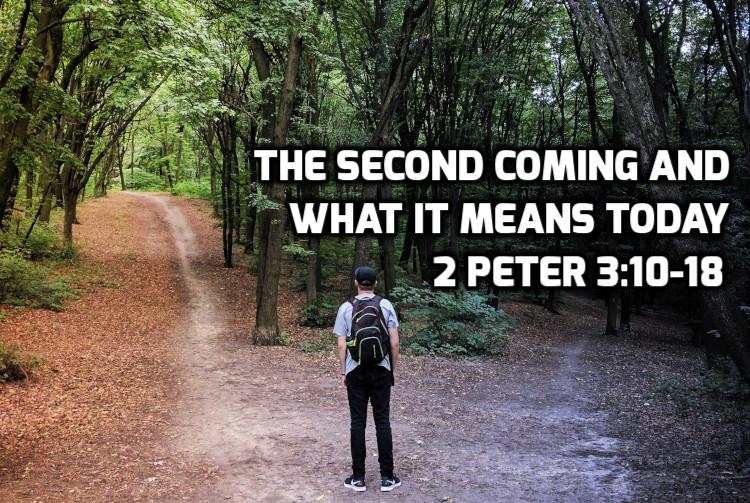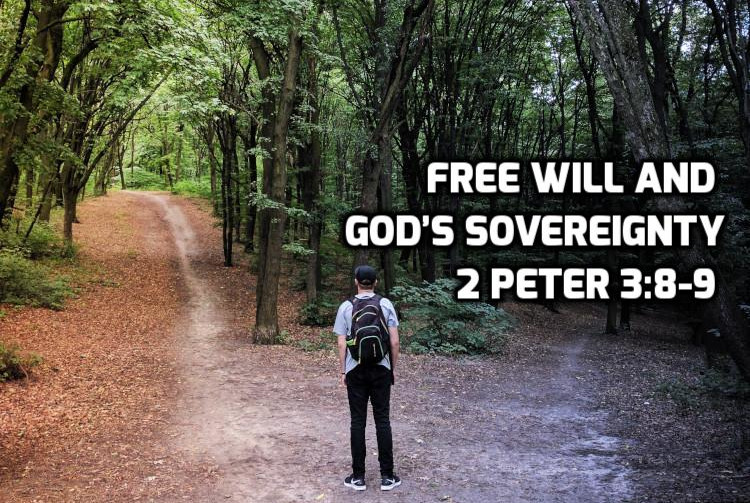The Apostle John says we can identify false prophets two ways: by the content of what they say (4:2) and by the origin of what they say (4:6).
07 When Your Heart Condemns You (1 John 3:13-24)
How can John say that love is a mark of believers and hate is a mark of non-believers when we know believers who struggle with hate and non-believers who genuinely love others?
06 Does John Say Christians Never Sin? (1 John 2:29-3:12)
No true believer is committed to sin as a lifestyle because God plants in believers a longing for holiness and righteousness which opposes any tendency to rebel. Believers no longer remain committed to a lifestyle of sin.
05 How to Recognize Essential Doctrine (1 John 2:18-28)
1 John 2:18-28 tackles the question: how do you know what’s essential and what is non-essential?
04 What John Means by ‘Do Not Love the World’ (1 John 2:12-17)
John sets the world and the gospel in opposition to each other. You can’t serve them both. You have to choose and his first exhortation is don’t choose the world.
03 What does ‘Abide in Christ’ mean? (1 John 2:1-11)
How should we handle theological disagreements among believers? What issues are so critically important that we should draw a line? And, on what issues should we agree to disagree? John gives us a place to draw the line.
02 What It Really Means to ‘Walk in the Light’ (1 John 1:5-10)
John begins his summary of the true gospel by saying God is the source of and all life, salvation and holiness. Therefore those who are trust Him will have lives marked by a concern for goodness and a pursuit of righteousness.
1 Timothy Bible Study Resources
Study questions, maps, charts, key words, history, background, outlines, and links to help you study both Paul’s first epistle to Timothy.
01 Discerning Truth in a Noisy World (1 John 1:1-4)
Of all the competing voices out there, how do you know which one is right? Which one is worth listening to? And which ones carry more weight than the others? Who you listen to and why is a major theme of the letter of 1 John. John wrote this letter teach his readers to recognize the difference between the true gospel and false gospels and between true teachers and false teachers.
1 John: Discerning the True Gospel
1 John: An 11-week Bible Study podcast on John’s first letter from the podcast Wednesday in the Word with Krisan Marotta
14 How the Second Coming Should Change Your Life Today (2 Peter 3:10–18)
Peter concludes his second letter by discussing the end of the age, the return of Christ and what that tells us about how we should live now.
13 Why God’s ‘Delay’ Is Mercy, Not Failure (2 Peter 3:8-9)
2 Peter 3:8-9 features in the debate over God’s sovereignty and human free will. While this verse does not settle the debate, understanding what Peter means in context teaches us a lot about both good Bible study and the issues in the debate.












